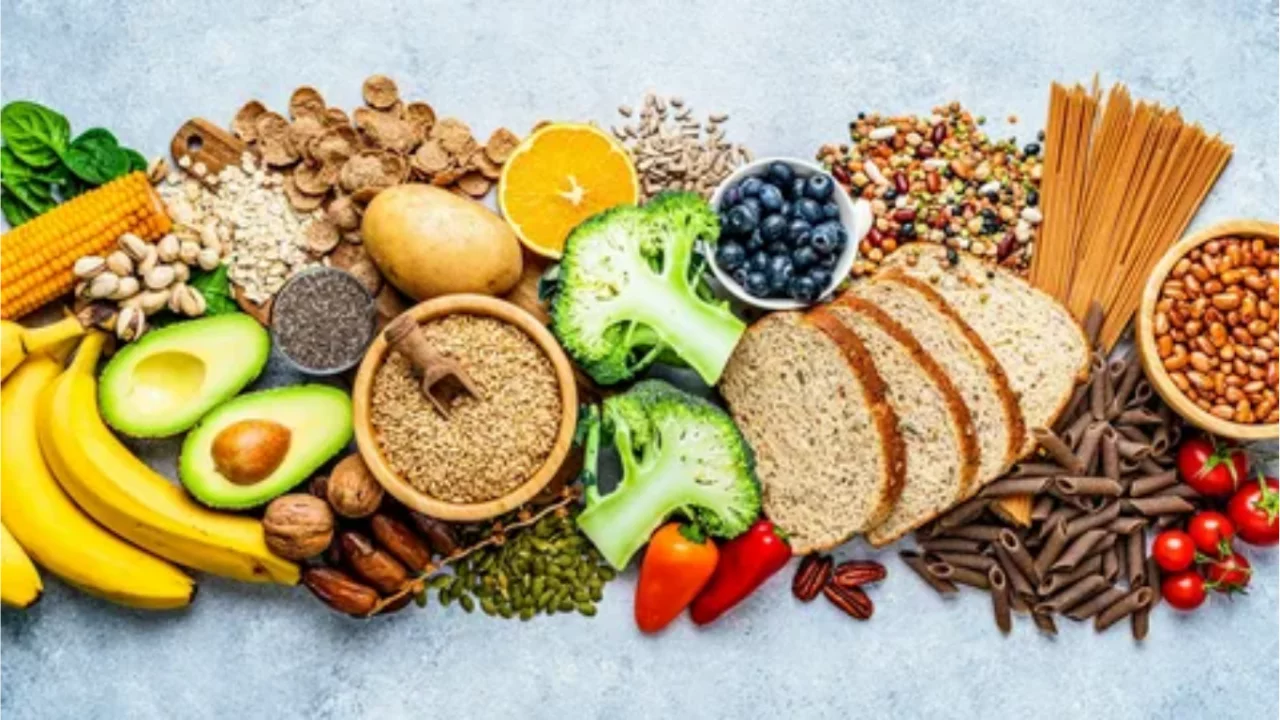Veganism in Childhood: 10 Important Facts for Parents

In recent years, with the global rise of healthy lifestyles and environmental awareness, interest in veganism among children has also been increasing. But how does this lifestyle affect children? What are the risks and benefits? Below are 10 important facts based on scientific data.
1. A properly planned vegan diet supports heart and vascular health
According to scientific studies, a plant-based diet has a positive effect on heart health: lower cholesterol levels, less arterial blockage, and reduced risk of heart attacks and strokes. Children on such diets are generally leaner and have a lower risk of obesity.
2. There is a risk of Vitamin B12 deficiency
Vitamin B12 is mainly found in animal products. It is essential for the nervous system and blood formation. A B12 deficiency in vegan children can lead to serious brain development problems. Therefore, B12 supplementation is strongly recommended.
3. Omega-3 fatty acids are essential, but should come from the right sources
DHA and EPA fatty acids, crucial for brain function, are mainly found in fish. For vegans, algae-based supplements or ALA from chia seeds can help. However, ALA cannot fully replace DHA and EPA, so special supplements are necessary.
4. Serious deficiencies are rarely reported
In some European countries, improperly planned vegan diets have led to calcium or B12 deficiencies in children, resulting in developmental delays and nervous system disorders.
5. A planned diet must be balanced
In a Polish study, vegan children showed good heart health but had lower levels of iron, vitamin D, and calcium. This could negatively affect bone health and overall growth.
6. Vegan children may be leaner and slightly shorter
Studies suggest that vegan children may be 3–4 cm shorter on average than their peers. While within normal range, their bone density is 6% lower, increasing the risk of osteoporosis in old age.
7. A properly designed vegan diet is considered safe
Nutrition experts state that, if properly planned and regularly monitored, a vegan diet is safe. The key is to ensure a consistent supply of essential vitamins and minerals.
8. Fortified foods with vitamins and minerals are helpful
Many plant-based milks (like soy or almond), breakfast cereals, and other products are fortified with B12, calcium, and vitamin D. Proper sun exposure also helps reduce vitamin D deficiency.
9. Not all vegan products are healthy
Today’s market offers many ultra-processed vegan products: vegan sausages, chips, snacks, etc. These may be harmful as they often lack nutrients and contain high amounts of salt, sugar, or unhealthy fats.
10. Every parent must be informed
If you plan to put your child on a vegan diet, do so only after consulting a pediatrician or nutritionist. Monitoring the child's growth and development regularly is essential.
In Uzbekistan, a vegan diet can be applied to children, but only with caution, scientific guidance, and medical supervision. A full balance can be achieved by supplementing B12, D vitamins, iron, calcium, and omega-3. Parents must prioritize their child’s health and consult specialists at every step. Read “Zamin” on Telegram!
Ctrl
Enter
Found a mistake?
Select the phrase and press Ctrl+Enter 












